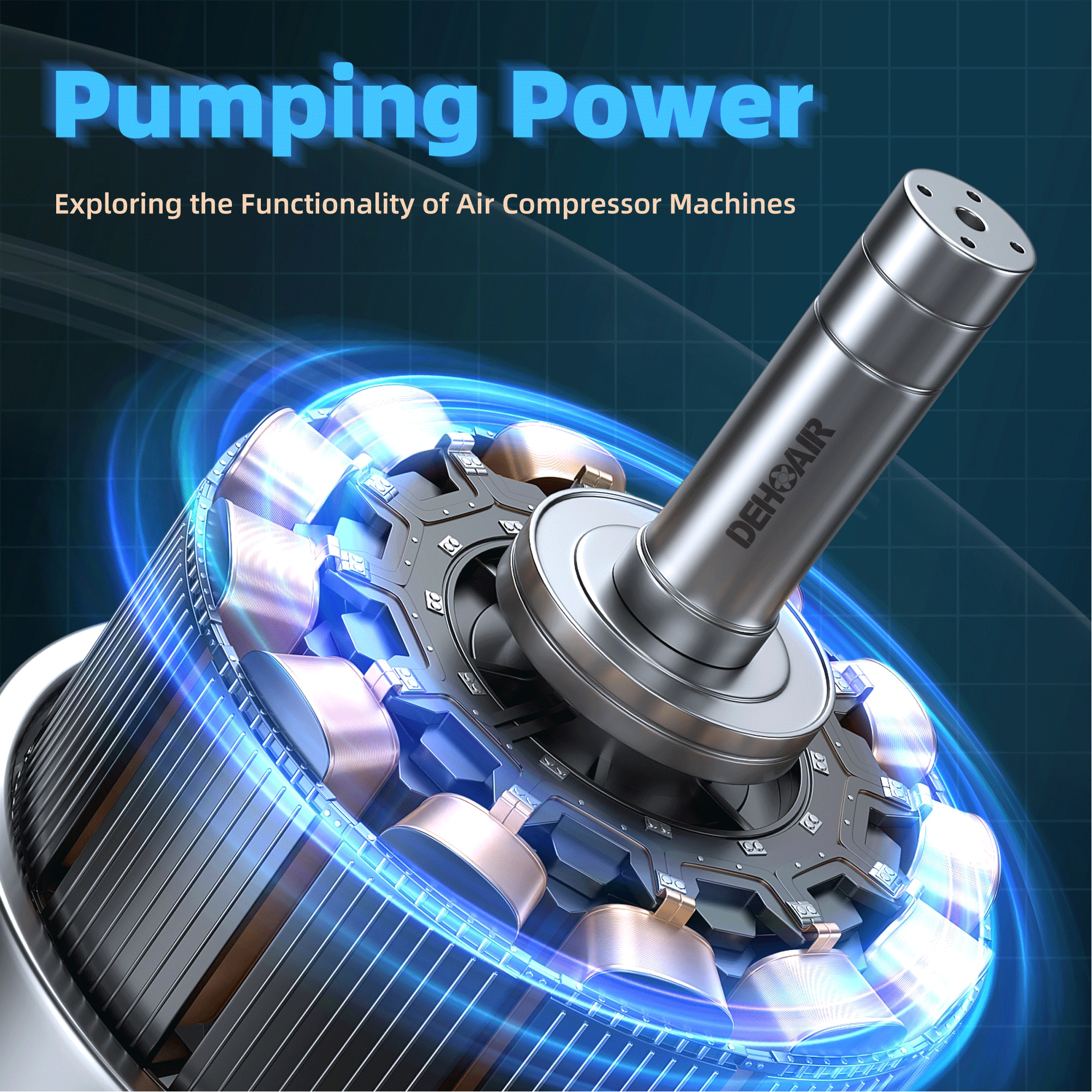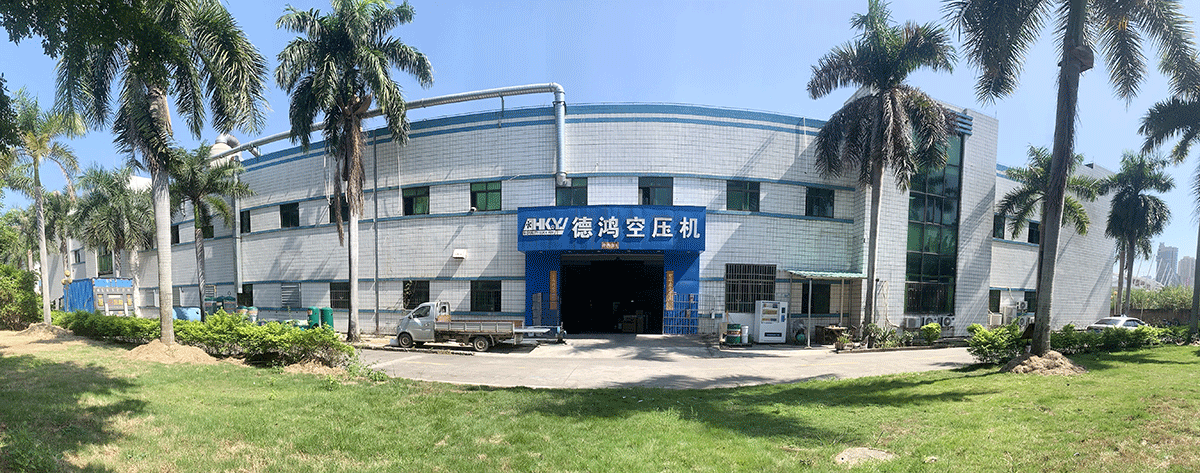
Tel :+ 86 13927313502
E-mail : 18902622229@163.com
Pumping Power: Exploring the Functionality of Air Compressor Machines
The Key Components and Working Principles of Air Compressor Machines

Air compressor machines are essential tools utilized in various industries and applications. These machines are designed to convert power, typically from an electric motor or a diesel engine, into potential energy stored in compressed air. Understanding the functionality of air compressor machines requires a detailed exploration of their key components and working principles.
One of the fundamental components of an air compressor machine is the compressor itself. Compressors come in different types, including reciprocating, rotary screw, and centrifugal compressors. Regardless of the type, compressors work by compressing air and increasing its pressure. This compressed air is then stored in a storage tank or released directly into the system.
In a reciprocating compressor, for example, the compressor consists of a piston and a cylinder. As the piston moves back and forth, the cylinder's volume changes, leading to the compression of air. On the other hand, rotary screw compressors use two interlocking helical screws to compress air continuously. This mechanism ensures a steady flow of compressed air.
Another crucial component of air compressor machines is the motor that drives the compressor. The motor provides the necessary power to drive the compression process. Motor types vary depending on the size and application of the air compressor machine, ranging from small electric motors to large diesel engines.
Furthermore, air compressor machines are equipped with various control and safety devices. These devices ensure the efficient operation of the machine and safeguard the users. Common control devices include pressure switches, which automatically turn the compressor on or off based on the desired pressure settings. Safety devices such as relief valves protect the machine from overpressure situations that could potentially cause damage.
The Applications and Benefits of Air Compressor Machines
Air compressor machines find extensive use in a wide range of industries and applications. Their functionalities enable them to perform various tasks efficiently and effectively.
Construction and manufacturing industries often employ air compressor machines to power pneumatic tools. Tools such as jackhammers, nail guns, and paint sprayers rely on compressed air to operate. The high-pressure air provided by air compressors allows these tools to perform heavy-duty tasks with precision.
Additionally, air compressor machines play a crucial role in the energy generation sector. They are utilized in gas turbines and power plants to supply compressed air for combustion processes. Air compressors ensure the proper functioning of these systems, contributing to energy generation and distribution.
Moreover, air compressors are indispensable in the healthcare industry, particularly in the field of medical equipment. Compressed air is used in devices such as respirators, dental drills, and anesthesia machines. These applications require clean and dry compressed air, which is achieved through the implementation of filtration and drying systems in air compressor machines.
The benefits of using air compressor machines are numerous. Their versatility allows for easy integration into different systems and processes. They provide a reliable and continuous source of compressed air, which enhances productivity and efficiency. Air compressor machines are also cost-effective, as they reduce the need for manual labor and minimize maintenance costs.
Tips for Selecting and Maintaining Air Compressor Machines
Selecting and maintaining air compressor machines requires careful consideration to ensure optimal performance and longevity.
When selecting an air compressor machine, factors such as intended application, required pressure and flow rate, and available power source should be taken into account. Analyzing these parameters will help determine the appropriate compressor type, motor size, and storage capacity.
Regular maintenance is paramount in prolonging the lifespan of air compressor machines. It is crucial to follow the manufacturer's guidelines for routine maintenance tasks such as oil changes, filter replacements, and inspections. Maintaining proper lubrication and ensuring a clean air intake will prevent components from wearing out prematurely and optimize the compressor's efficiency.
Additionally, monitoring and controlling system pressure should be a part of the maintenance routine. Installing pressure gauges and adjusting pressure settings can help detect potential issues and avoid overloading the compressor.
Conclusion
Understanding the functionality of air compressor machines provides insight into their significant role in various industries and applications. Their key components and working principles contribute to efficient and reliable compressed air generation. By selecting the right machine and maintaining it properly, users can harness the immense benefits of air compressor machines in enhancing productivity and achieving optimal performance.

Huizhou Dehong Air Compressor Co., Ltd. is a high-tech enterprise that specializes in the research and development, production and sales of pneumatic equipment. Its main products include screw air compressors, dryers, gas storage tanks, pipeline filters, nitrogen generators, pneumatic equipment, pneumatic tools and pneumatic components.






